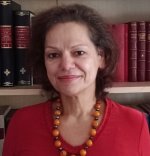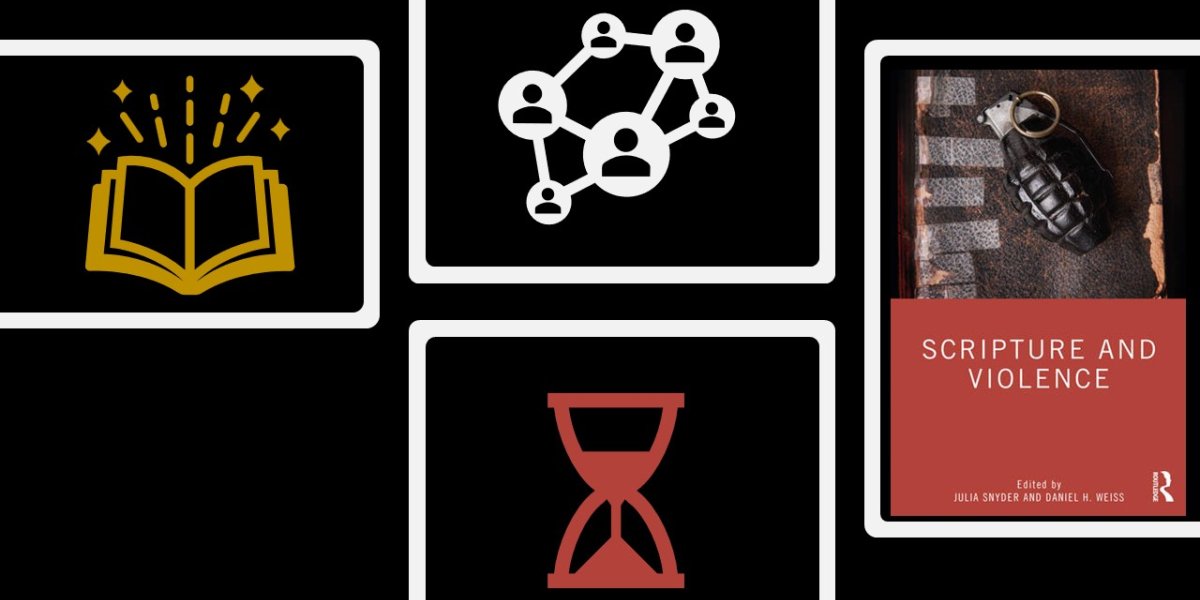Mind your languages
Mind your languages
How do we learn languages and what does it mean to be fully bilingual? Which approaches to language learning work best and how effective are apps such as Duolingo? And as English speakers in the age of AI, do we really need to learn other languages at all?
With numbers of students taking language courses in the UK on the decline, join our Cambridge language experts for a stimulating discussion on the process and power of language learning and its benefits to us both as individuals and to society.
Speakers
Professor Silke Mentchen

Professor Silke Mentchen has been teaching German as a foreign language at tertiary level since 1994. She is a fellow, Director of Studies, and tutor at Magdalene College, and oversees the German curriculum for undergraduate courses at the Faculty. Her teaching interests include translation studies and beginner language courses. She has developed online German grammar materials, co-written textbooks, and published on language teaching methodology. Silke is involved in international networks focused on language teaching and learning and actively promotes language learning in schools, collaborating with teachers on various initiatives.
Professor Ianthi Maria Tsimpli

Ianthi Tsimpli is a Professor of English and Applied Linguistics at the University of Cambridge and a Fellow of Fitzwilliam College. Since 2021, she has also been a Fellow of the British Academy. She has taught and published extensively on bilingualism, multilingualism, language acquisition, language attrition, language impairment, and theoretical syntax.
Her teaching career includes positions at University College London, and the Universities of Newcastle, Thessaloniki, Reading, and Ca’ Foscari in Venice. A significant part of her research is funded by the European Union, the Economic and Social Research Council, the British Academy, and the British Council.
For the past eight years, she has focused on primary education in India, investigating the role of multilingualism, cognition, school skills, and language education. Ianthi is also a member of the Editorial Board for several international journals, including Bilingualism: Language and Cognition, Second Language Research, Linguistic Approaches to Bilingualism, and Language Acquisition.
Karoline Oakes (St Catharine's 2014)

Karoline Oakes has spent most of her career working in internationally-facing roles in the Civil Service. She has worked in the Department for Digital, Culture, Media and Sport (DCMS), the Department for Science, Innovation and Technology (DSIT) and the Department for Energy Security and Net Zero (DESNZ) – working on areas such as international development, international strategy and bilateral international engagement. She has had opportunities to use her language skills at international summits, during Ministerial visits and working with international delivery partners. Karoline is also the chair of the Civil Service German Language Network.
Karoline studied Modern and Medieval Languages (German and Portuguese ab initio) at St. Catharine’s College, Cambridge. She spent her Year Abroad studying in Porto Alegre, Brazil, and working in Hamburg, Germany. She wrote her final year dissertation about the German choreographer Pina Bausch. During her studies, she also enjoyed modules on Portuguese and Brazilian literature, art and film, as well as German history and philosophy.
Booking information
In-person lectures at the Sidgwick Site as part of Alumni Festival cost £15 per person.
Booking for this event is now closed.



